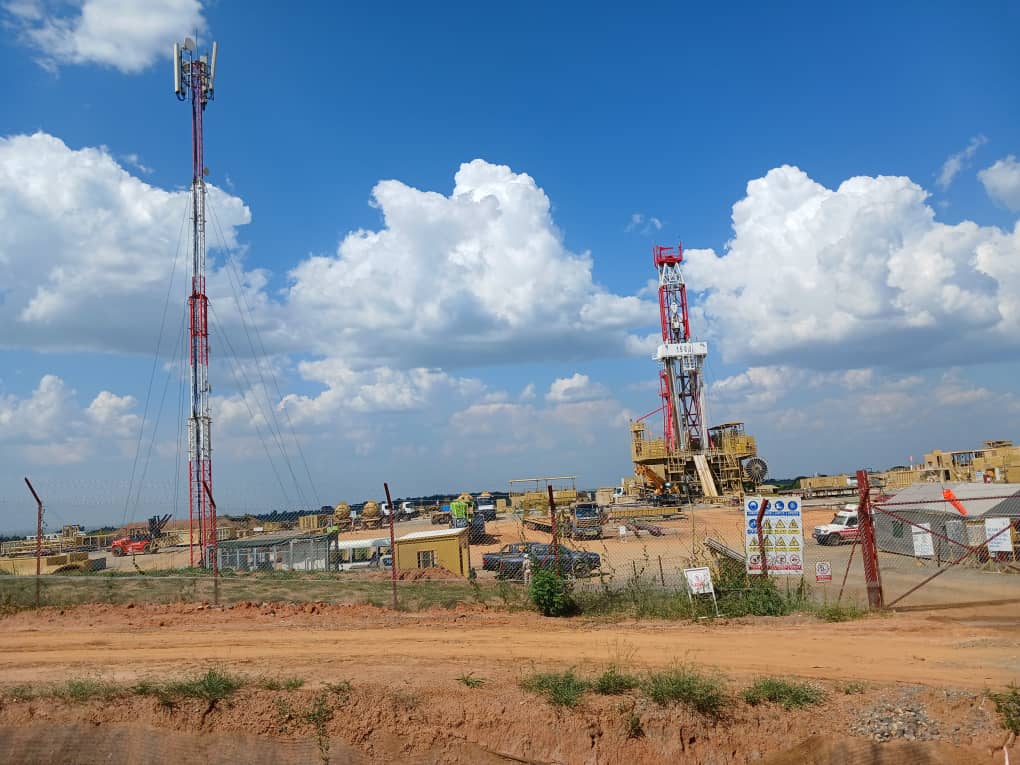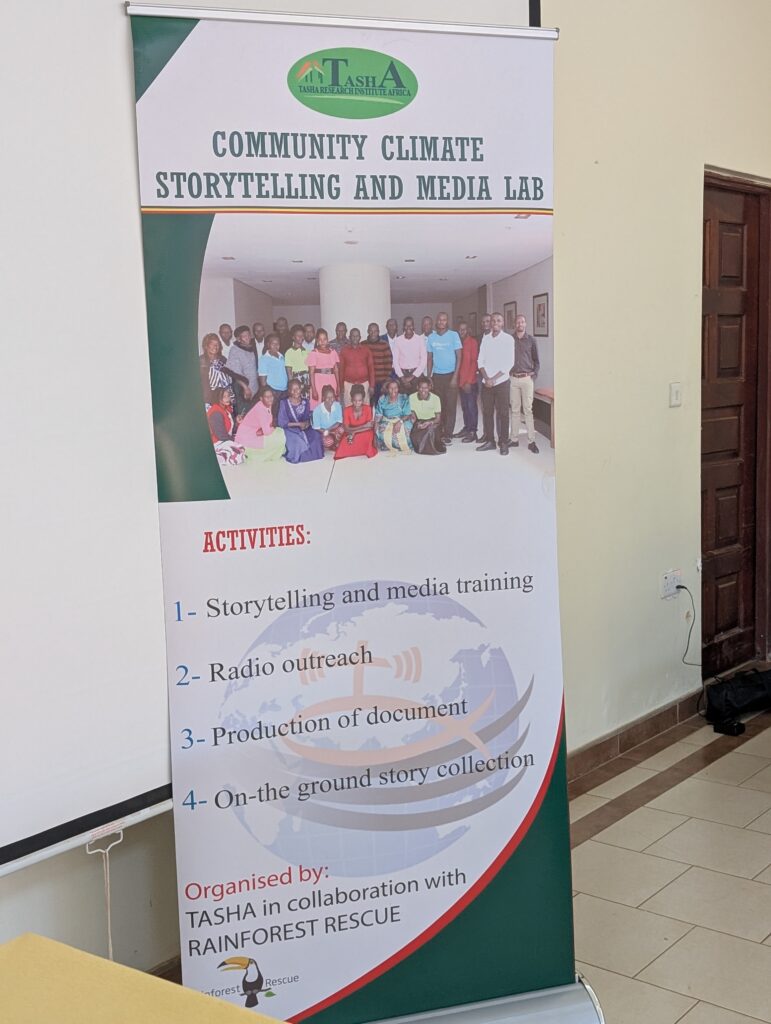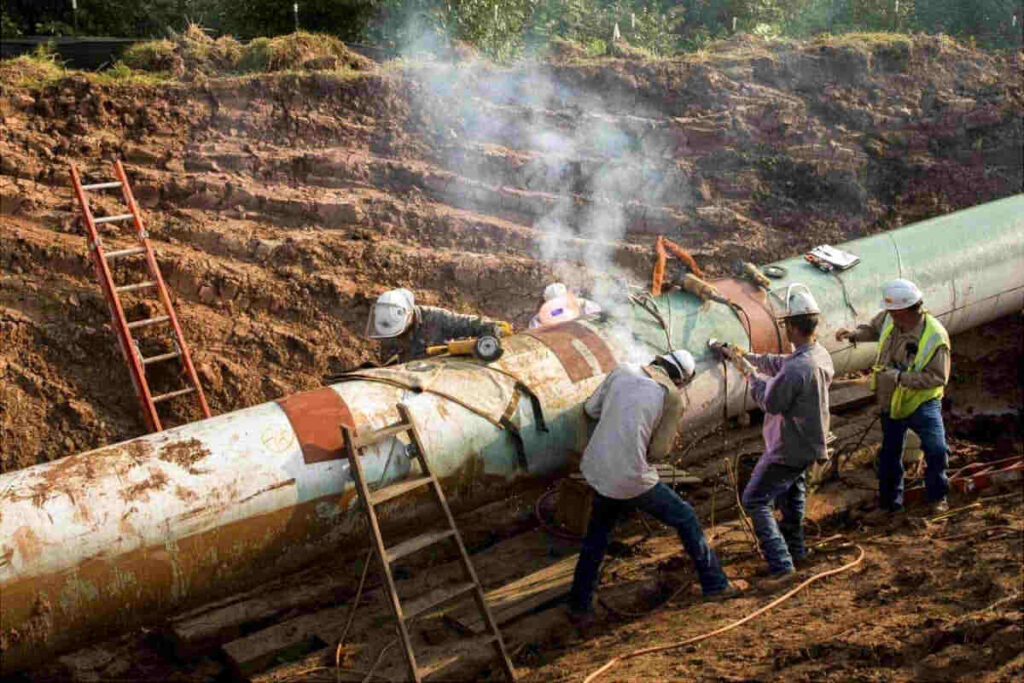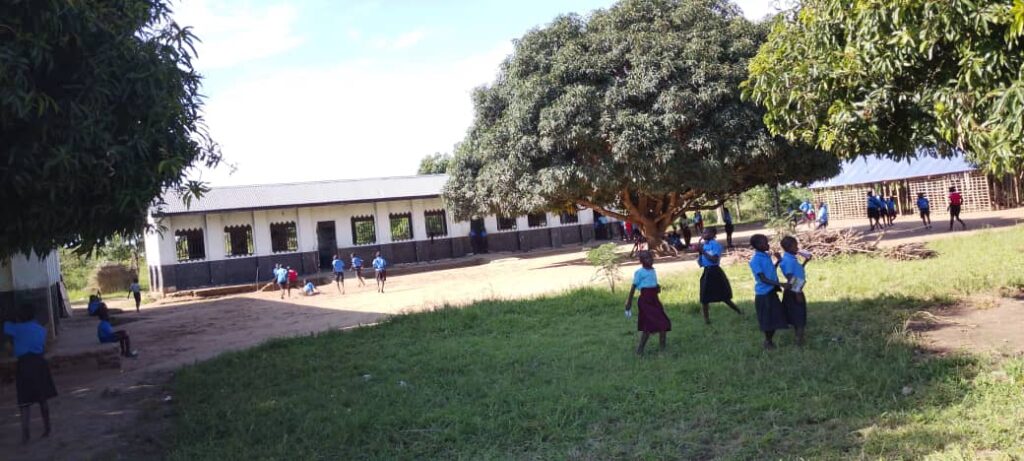The East African Crude Oil Pipeline (EACOP) project stands as a looming environmental catastrophe, threatening the fragile ecosystems and biodiversity in its wake and beyond. This project is widely touted or otherwise regarded as a pillar of economic growth and energy development. However, evidence on the ground points to a different story, evidenced by irreversible damage to wildlife habitats, water sources, and natural ecosystems. We can no live in ignorance of these impacts.
Ecological Devastation in Protected Areas
The EACOP project cuts through myriad ecosystems, most notably the areas encompassing Murchison Falls National Park and Lake Albert. These areas have long been sanctuaries for elephants, chimpanzees, antelopes, and the endangered shoebill stork. Already, the disruption of these habitats has displaced wildlife and destroyed their breeding grounds.
The accounts of fishermen who ply their trade in Lake Albert exhibit the demise of fish populations, a trend that is attributable to a combination of pollution and habitat degradation, resulting from oil exploration. In particular, the loss of aquatic biodiversity represents a notable threat to food security and economic stability for communities that depend on fishing.
Disrupting Wildlife Corridors and Breeding Grounds
Wildlife corridors and migratory pathways have been heavily affected, forcing animals to flee, fragmenting their populations. Antelopes, elephants, and snakes have been displaced placing ecological balance in jeopardy and complicating the efforts of these species to survive.
As cited by environmentalists such as Vincent Birungi, efforts to relocate the animals only offer a temporary respite. For example, shifting the species does not necessarily replicate the complex ecosystems they rely on. Thus, such efforts leave the relocated animals vulnerable to disease, stress, and reductions in reproductive success.
Water and Soil Contamination Risks
Oil spills, construction runoff, and drilling byproducts pose adverse risks to the quality and integrity of soil and water. Despite the claims of employing advanced technologies, contamination persists as a real threat. Soil degradation potentially leads declines in agricultural yields while polluted water sources endanger human and wildlife health.
The use of engineered landfills to store drilling waste elevates concerns regarding the contamination of groundwater. Even with thermodesorption technology, the long-term stability of water storage systems is uncertain, with leaks or failures potentially prompting adverse pollution events.
Implications for Climate Change
Burning fossil fuels extracted through the EACOP project will contribute greatly to global greenhouse gas emissions, which will increase climate. Uganda’s commitment to sustainable development is undermined by investments in oil infrastructure rather than renewable energy solutions.
The deforestation that continues to characterize infrastructure development increases climate change even further and elevates vulnerability to extreme weather events, most notably droughts and floods.
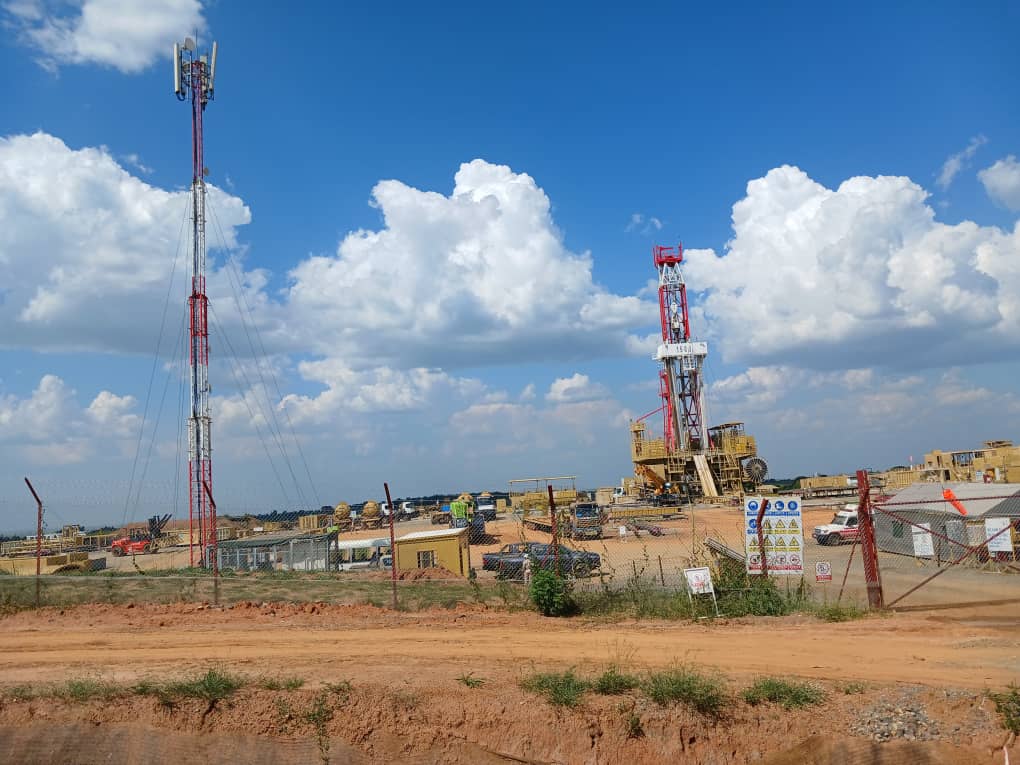
Air and Noise Pollution
Drilling operations and construction activities generate considerable air and noise pollution, impacting wildlife and human communities. Animals are extremely sensitive to disturbances, which yield stress and alterations in behavior that can affect survival and reproduction.
The application of measures such as soundproof generators and air filtration systems has been insufficient in restricting the scale of disruption. Prolonged exposure to emissions and noise holds far-reaching implications for aquatic and terrestrial ecosystems.
A Call for Sustainable Alternatives
Rather than doubling down on oil extraction, Uganda ought to emphasize renewable energy investments and sustainable development initiatives. Thus, it can safeguard its biodiversity, an effort that represents an environmental obligation and an economic necessity since ecotourism and agriculture depend heavily on healthy ecosystems.
Grassroots activism and global pressure must persist in challenging the EACOP project. In the long term, Uganda’s prosperity hinges in safeguarding rather than exploiting its natural resources.
The EACOP project represents a direct threat to Uganda’s environment, endangering wildlife, polluting water sources, and accelerating climate change. Despite efforts implemented to counter damage, the ecological costs remain considerably high. For this reason, Uganda ought to emphasize sustainability above short-term economic gains through investments in renewable energy and protecting its natural heritage. The time to act is now, before irreparable damage is done to the planet’s ecosystems.

